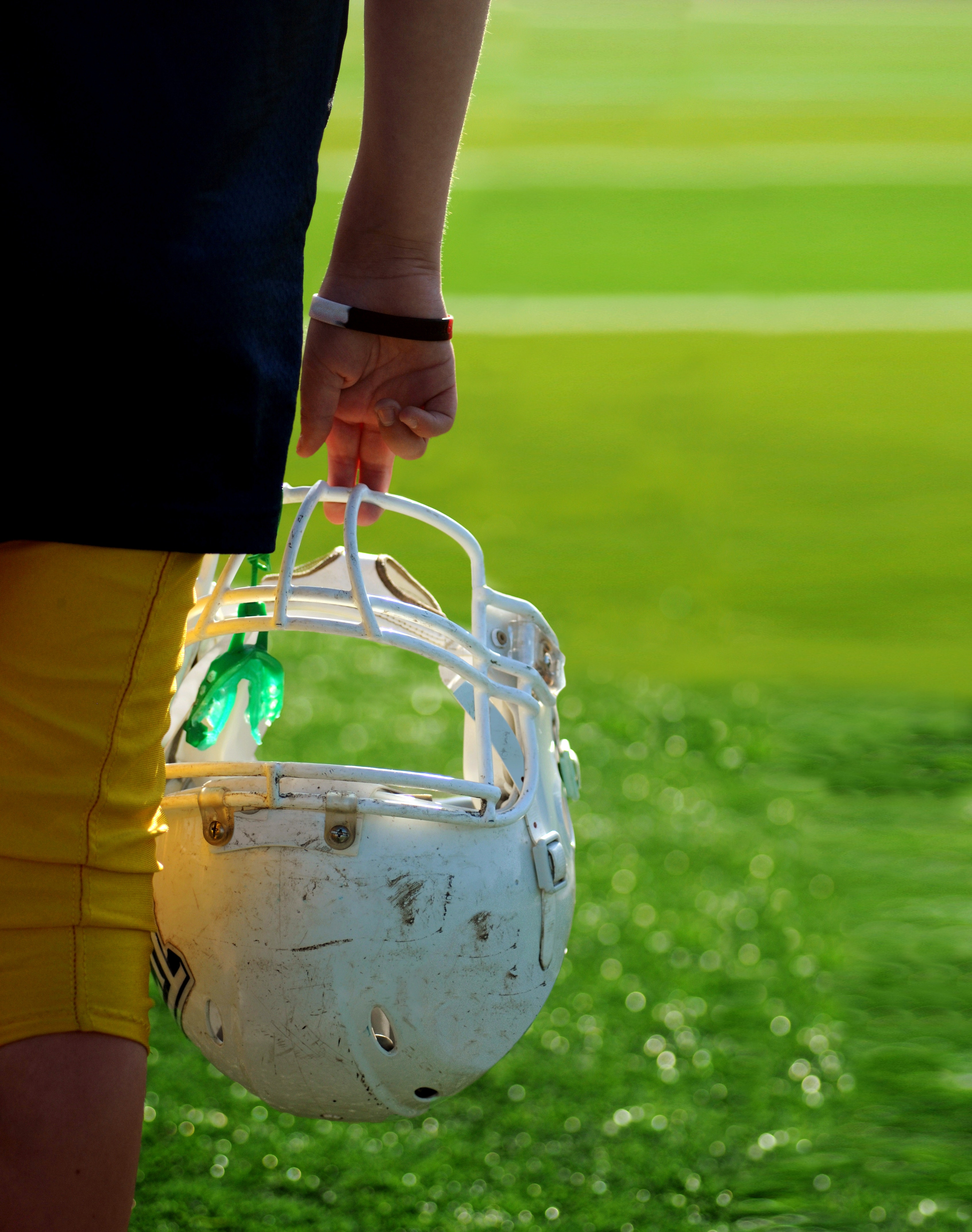

There’s no doubt that at one point or another either you or someone you know has said, “I have trust issues.” As an athlete, “trust,” is essential. You have to be able to trust yourself, your teammates, and your coaches.
If emotions are an indicator of mental health, then being overly guarded is a block in the mental clarity that athletes need to excel. Maybe you know someone who is untrusting, yet still an exceptional athlete. Imagine how much more effective their game would be if they actually trusted the people around them.
I know what it’s like to be afraid that people are going to hurt you or leave you. It’s natural to develop a defensive mindset after you’ve been burned. You want to protect yourself from being hurt or disappointed before anyone has the chance to do so. However, the truth is, not everyone is going to hurt you or leave you. That can be hard to accept in the cutthroat world of sports and business, or even life in general, but trust is an essential part of the foundation of any healthy and successful relationship. For example, if you think everyone is out to get you, you’ll never feel nor act like you’re really part of the team.
Trust issues can feel like they are a part of you because something most likely happened to make you develop that wall. Suppose that you experienced loss at a young age as the result of a traumatic incident such as the death of a loved one or abandonment by a parent. Feeling hurt and left alone by someone you trusted would be an obvious reason to distrust people. It’s a natural and understandable defense, but if you want to grow and succeed, you have to open up to people and give them a chance to have your back. The weight of the world is too heavy for anyone to carry alone, on or off the court or field. For athletes at the very least, a team’s success depends on the trust that teammates have in each other.
One of the most effective ways to connect with your inner voice and heighten your day-to-day intuition is practicing mindfulness and meditation. This is a practice that allows you to clear out the noise—both from external sources and internal sources. You learn to let go of your attachment and act freely without worry or fear. Click here to learn more about the benefits of mindfulness and meditation for athletes.
Remember, people look for teammates who are open, not teammates who are blocked. Energy works the same way as physical action, so make a choice to be open or be blocked in paving your way to opportunity.
Would you like to work on being a more trusting athlete and individual? Contact Coach Misty about setting up an intro coaching session.
Every athlete knows the importance of rest and recovery. However, many athletes experience issues like…
It’s safe to say that Jayden Daniels is having an outlier rookie season in the…
Photo by Tony Schnagl Comparison is a natural part of the athletic journey. Every athlete…
Photo by Marcel Strauß on Unsplash Emotions. We all have them. Sometimes they are simple…
Image by 3D Animation Production Company from Pixabay Just before the start of the 2024…
Photo by Rodolfo Clix In combat sports like MMA and boxing, it might be surprising…